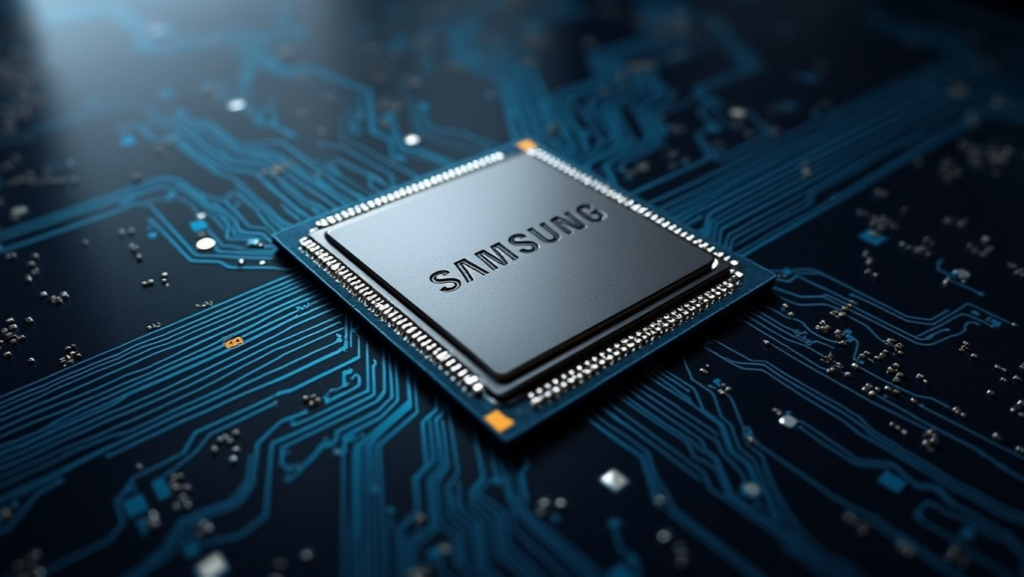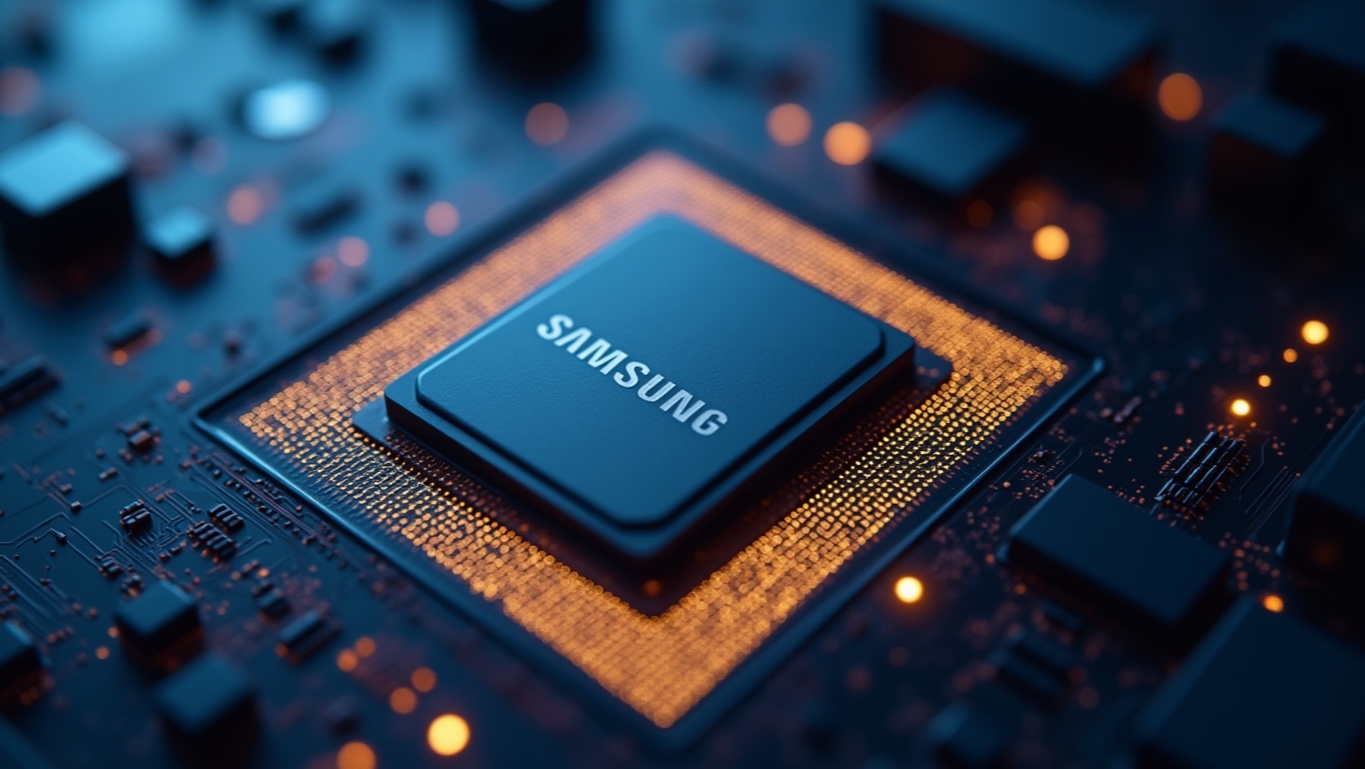Samsung is making an important decision in the semiconductor industry. According to recent reports from South Korea, Samsung Foundry is reducing capacity at its 4 nm, 5 nm and 7 nm chip production facilities due to low demand. So, why was such a decision taken? Details in our news
Samsung Foundry temporarily closes 4 nm, 5 nm and 7 nm production facilities due to low demand
According to the information received, the company plans to decommission close to 50% of these plants by the end of 2024. Initially announced as a 30% capacity reduction, further reductions are expected towards the end of the year. However, this is a temporary shutdown; the equipment in the plants is in “off but not down” mode, meaning that they are not completely shut down while energy is being saved.

Losing major customers such as Qualcomm and Nvidia is said to be a major factor in the decision. In the past, Qualcomm has switched to TSMC due to performance issues with chips like the Snapdragon 888 and Snapdragon 8 Gen 1.
Similarly, Nvidia started to prefer TSMC for its high-performance production. Following these losses, Samsung is not catching up with the expected demand in 4 nm and 5 nm technologies. The company is trying to keep its production facilities functional by producing a limited number of chips such as the Exynos 2400, but this is not enough.
The advanced 3 nm and 2 nm production processes are not affected. Samsung has made progress in improving production efficiency in 3 nm technology. On the other hand, an agreement has been reached with Japan-based Preferred Networks to develop artificial intelligence chips in the 2 nm process.
Judging by these developments, we see that Samsung is preparing promising projects for the future in 2 nm technology. There are also rumors that Qualcomm’s future Snapdragon 8 Gen 5 chip could be produced by Samsung Foundry. Samsung has already started the development of 2 nm Exynos chips.
Whether this strategy will be effective in the long run remains to be seen as the company focuses on advanced technology and produces more sophisticated chips to meet customer demands. In short, Samsung is repositioning itself to take more solid steps in the semiconductor world; time will tell how this move pans out.















